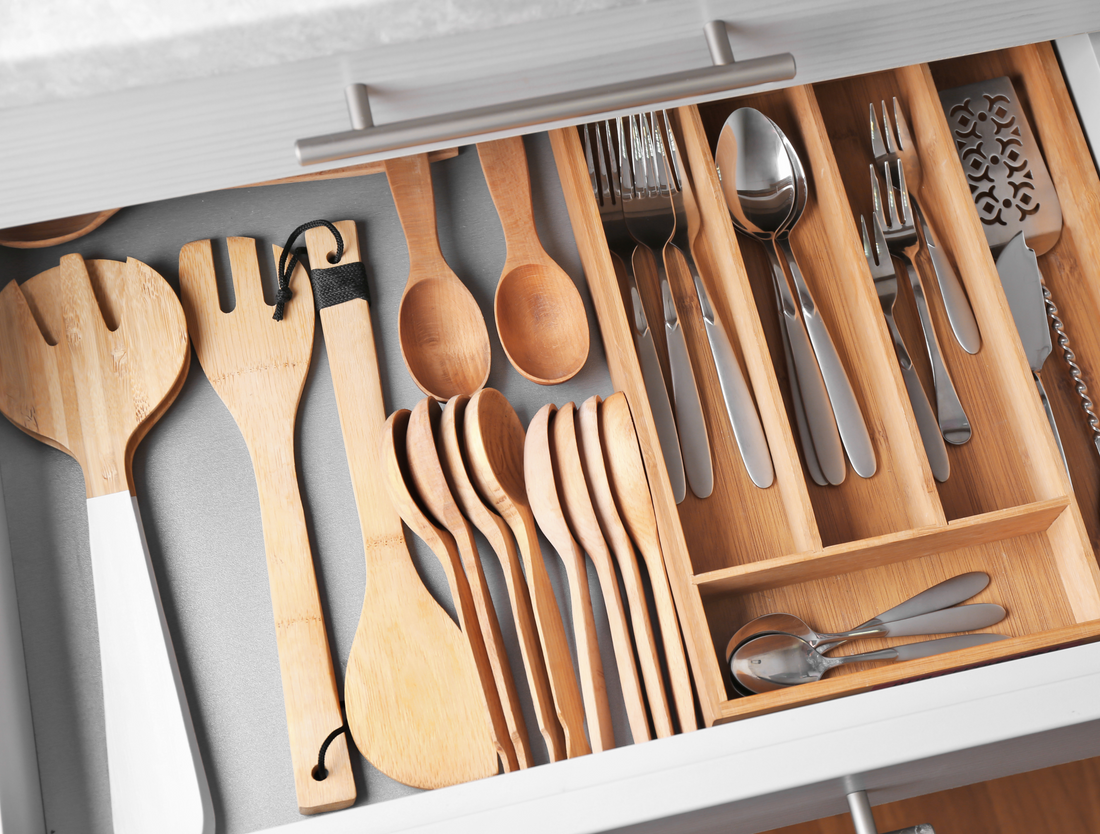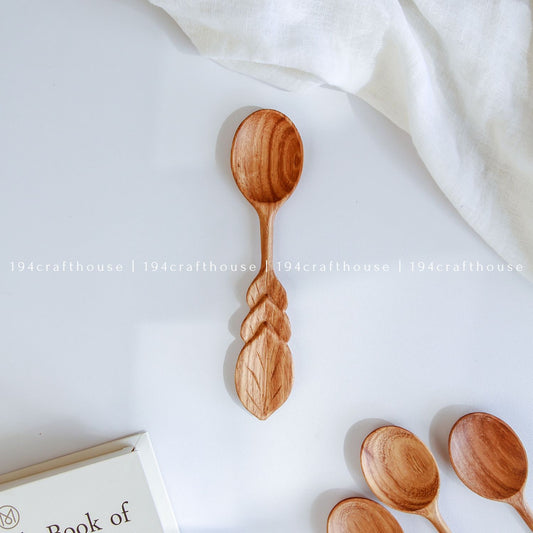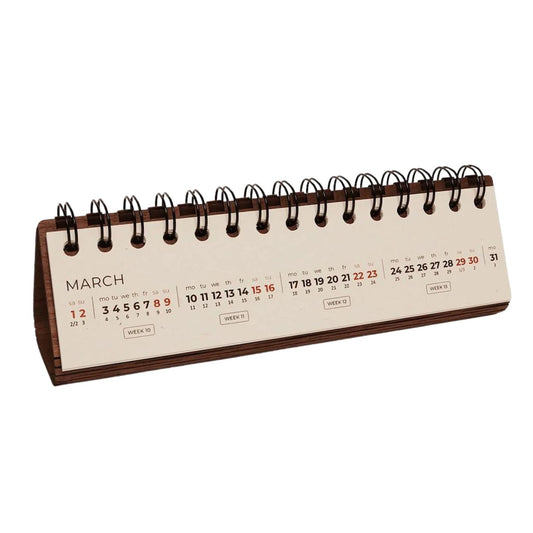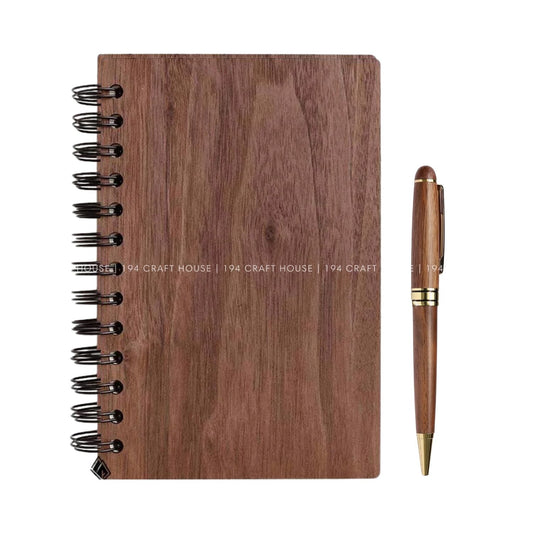In the realm of culinary tools, the spoon stands as an indispensable companion in the kitchen. However, the choice of material for this seemingly simple utensil can significantly impact its performance, durability, and overall utility. To aid in your decision-making process, let's delve deeper into the advantages and disadvantages of various spoon materials, ranging from classic wood to modern silicone.
1. Wooden spoon
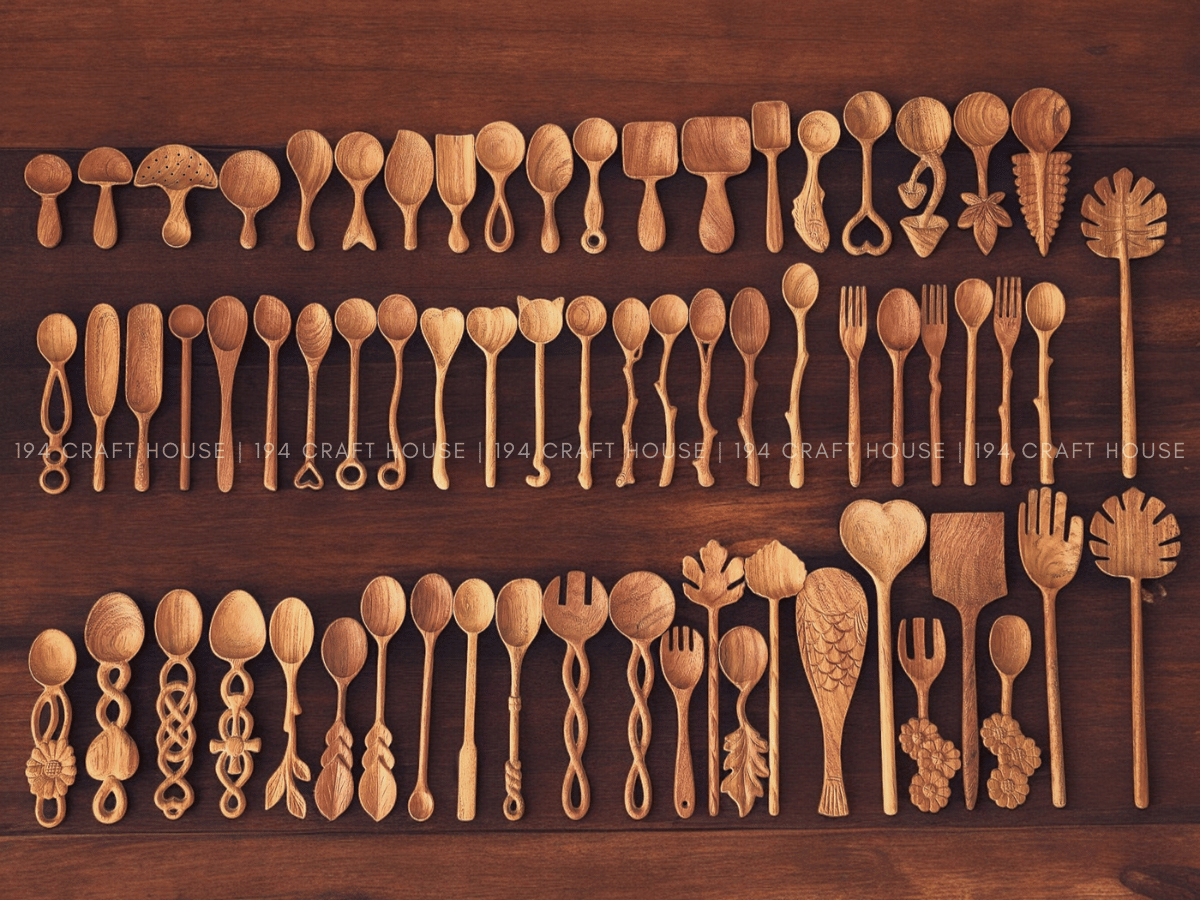
The advantages of wooden spoons
- Natural Aesthetics: Wooden spoons exude a timeless charm, adding warmth and rustic elegance to any kitchen.
- Gentle on Cookware: The soft surface of wood prevents scratching and damage to delicate cookware, making it ideal for use with non-stick pans and pots.
- Non-Reactive: Unlike metal spoons, wood is non-reactive, ensuring that it won't impart any metallic flavors or chemicals to your food.
- Heat Resistance: Wood is naturally heat-resistant, allowing you to stir hot liquids and dishes without fear of warping or melting.
Read this article: Why are wooden spoons best for cooking?
The disadvantages of wooden spoons
- Requires Maintenance: Wooden spoons require periodic oiling and proper drying to prevent cracking, splitting, and the absorption of odors.
- Limited Lifespan: Despite their durability, wooden spoons may eventually wear out or develop cracks, especially with heavy use and inadequate maintenance.
2. Stainless Steel spoon
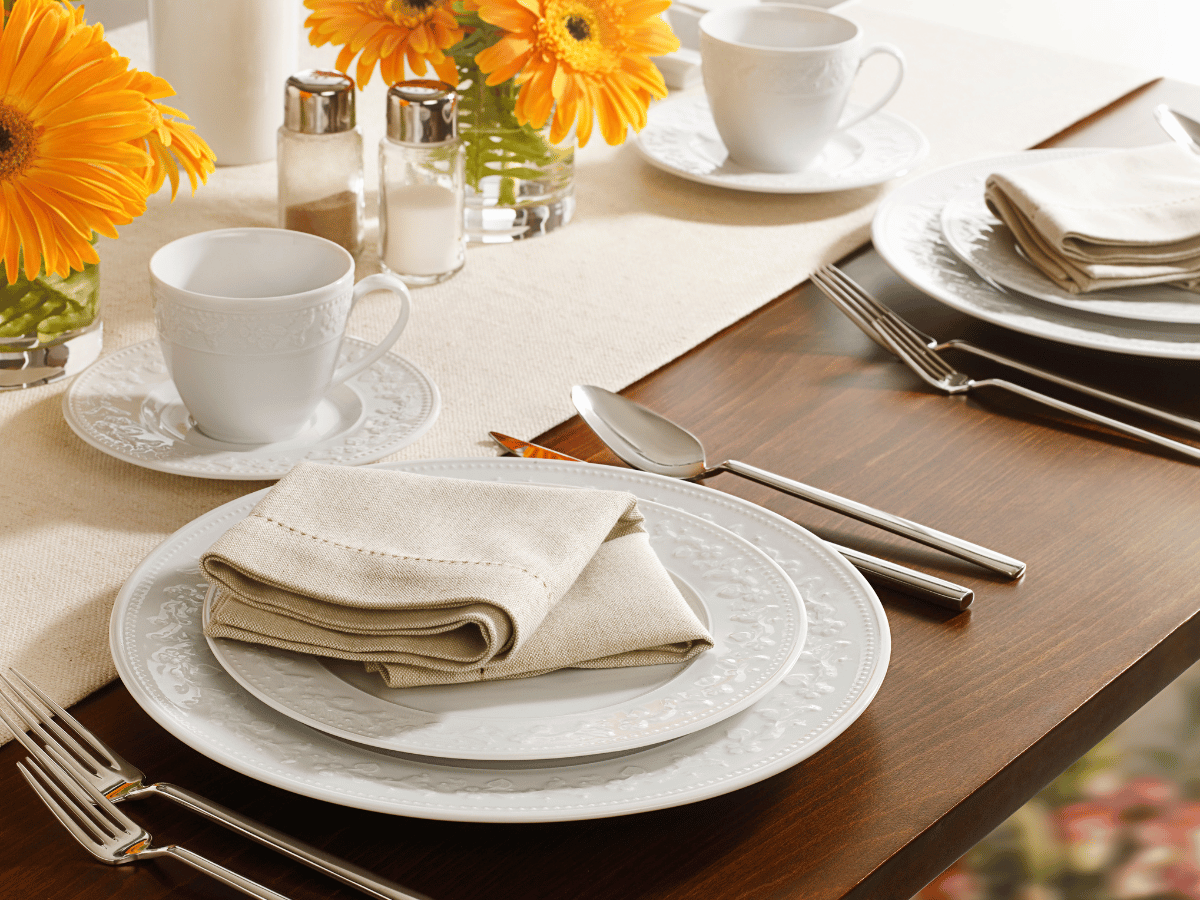
The advantages of the stainless steel spoon
- Durability: Stainless steel spoons are highly durable, and resistant to rust, corrosion, and wear, ensuring long-lasting performance.
- Easy to Clean: Their smooth, non-porous surface makes stainless steel spoons effortless to clean and dishwasher-safe.
- Heat Resistance: Stainless steel spoons can withstand high temperatures, making them suitable for cooking and stirring hot dishes.
- Hygienic: Stainless steel is inherently resistant to bacteria growth, ensuring food safety and hygiene.
The disadvantages of the stainless steel spoon
- Weight: Stainless steel spoons tend to be heavier than other materials, which may feel cumbersome, especially for prolonged use.
- Conducts Heat: While stainless steel is heat-resistant, the metal conducts heat efficiently, posing a risk of burns if left in hot liquids for extended periods.
3. Silicone spoon
The advantages of the silicone spoon
- Flexibility: Silicone spoons are flexible and bendable, allowing for easy scraping and stirring, especially on curved surfaces and containers.
- Non-Stick: The smooth surface of silicone prevents food from sticking, making it effortless to scoop and stir various ingredients.
- Heat Resistance: Silicone spoons can withstand high temperatures without melting or deforming, making them safe for use in cooking and baking.
- Easy to Clean: Silicone is non-porous and dishwasher-safe, ensuring quick and hassle-free cleanup.
The disadvantages of the stainless steel spoon
- Lack of Precision: The flexibility of silicone spoons may hinder precision tasks, such as flipping delicate foods or precise measurements.
- Texture: Some users may find the soft, rubbery texture of silicone spoons uncomfortable or awkward to handle, especially compared to traditional utensils.
4. Plastic spoon
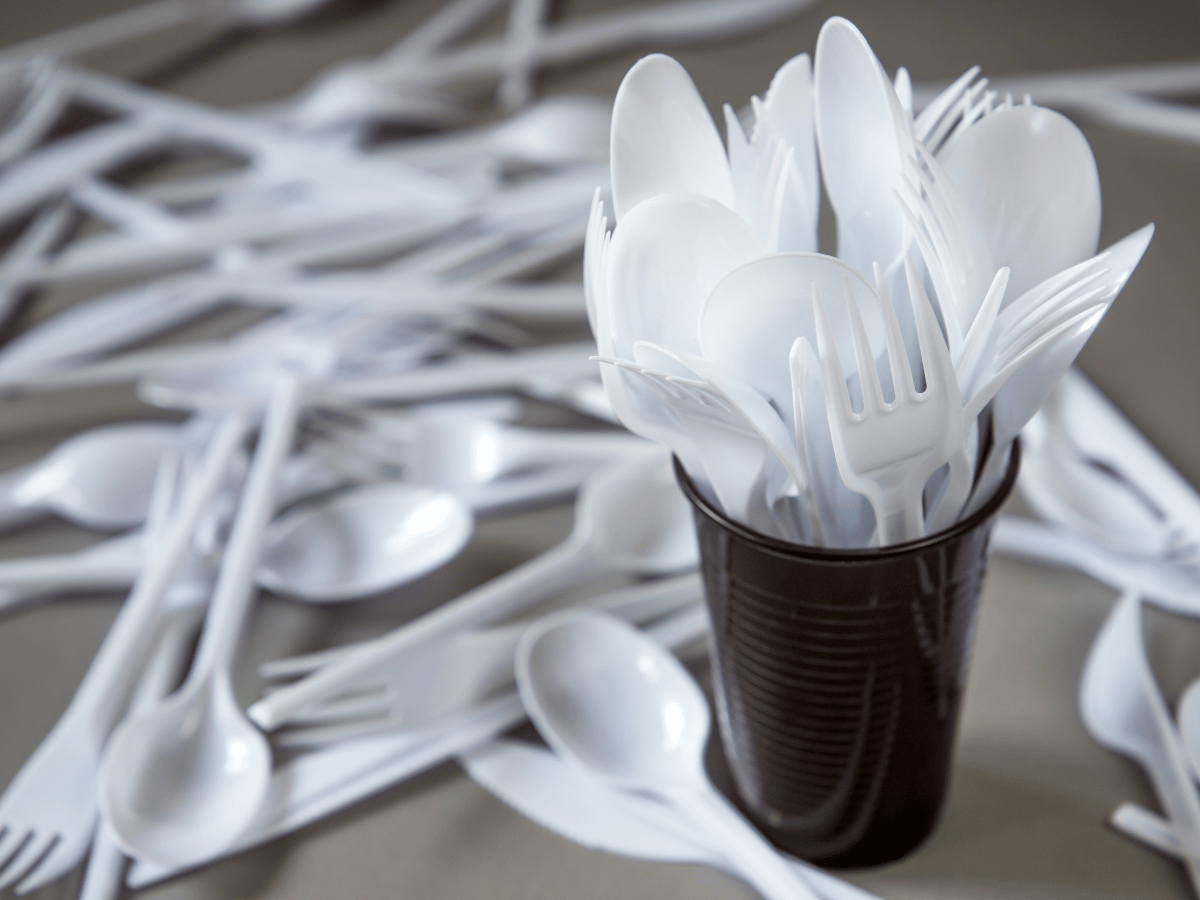
The advantages of the plastic spoon
- Affordability: Plastic spoons are often the most budget-friendly option, making them accessible for everyday use and disposable for large gatherings or events.
- Lightweight: Plastic spoons are lightweight and easy to handle, ideal for children or individuals with limited dexterity.
- Color Variety: Plastic spoons come in a wide array of colors and designs, allowing for personalization and aesthetic preferences.
The disadvantages of the plastic spoon
- Environmental Impact: Most plastic spoons are non-biodegradable and contribute to plastic pollution, posing environmental concerns.
- Durability: While affordable, plastic spoons may not be as durable or long-lasting as other materials, prone to bending, breaking, or melting under high heat.
5. Bamboo spoon
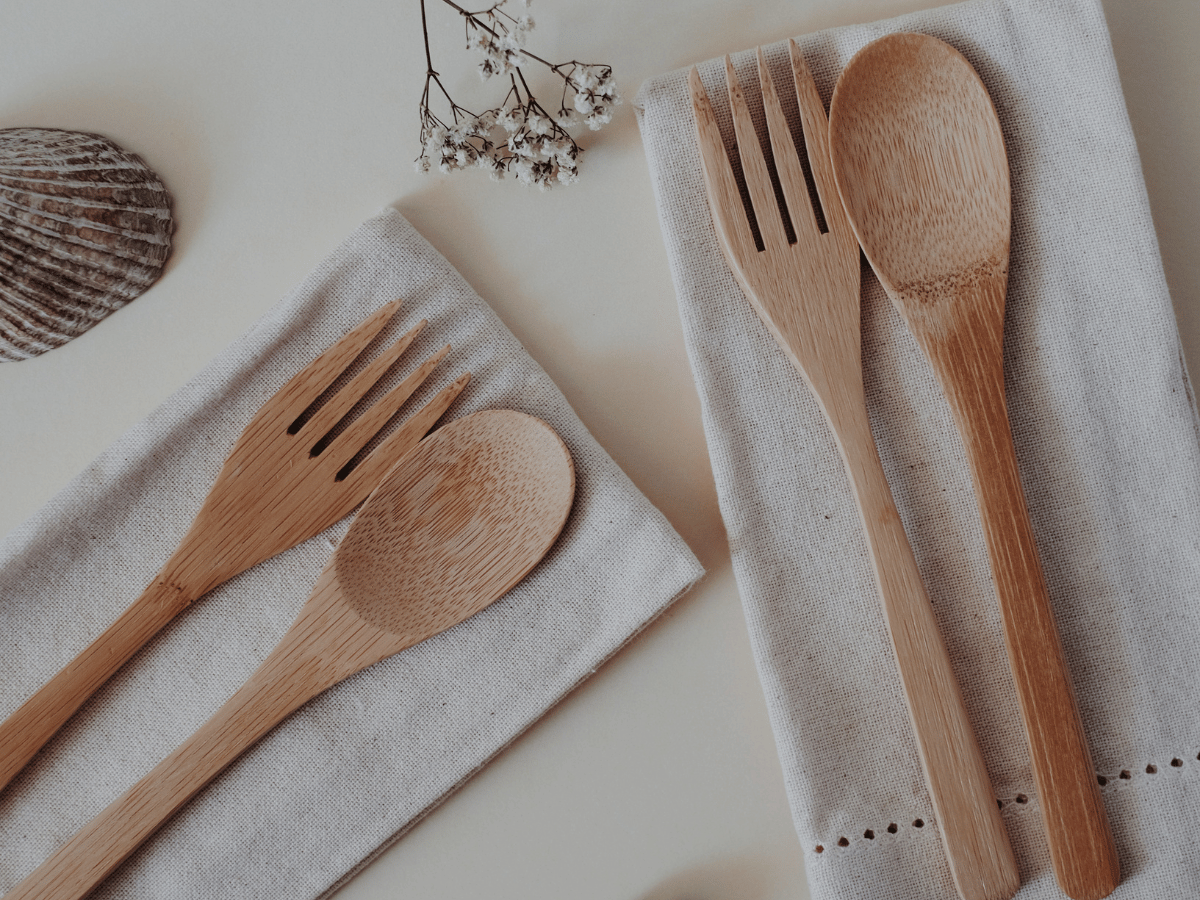
The advantages of the bamboo spoon
- Sustainability: Bamboo spoons are crafted from renewable and biodegradable bamboo, making them an eco-friendly alternative to traditional wood or plastic.
- Strength: Bamboo is remarkably strong and durable, capable of withstanding heavy use and frequent washing without warping or cracking.
- Naturally Antimicrobial: Bamboo exhibits natural antimicrobial properties, inhibiting bacterial growth and ensuring food safety.
- Aesthetics: Bamboo spoons boast a natural, earthy aesthetic, adding an organic touch to your kitchen decor.
The disadvantages of the bamboo spoon
- Maintenance: Similar to wooden spoons, bamboo utensils require periodic oiling and proper drying to prevent cracking, splitting, and the absorption of odors.
- Limited Heat Resistance: While heat-resistant, bamboo spoons may not withstand prolonged exposure to high temperatures, risking damage or deformation.
6. Ceramic spoon
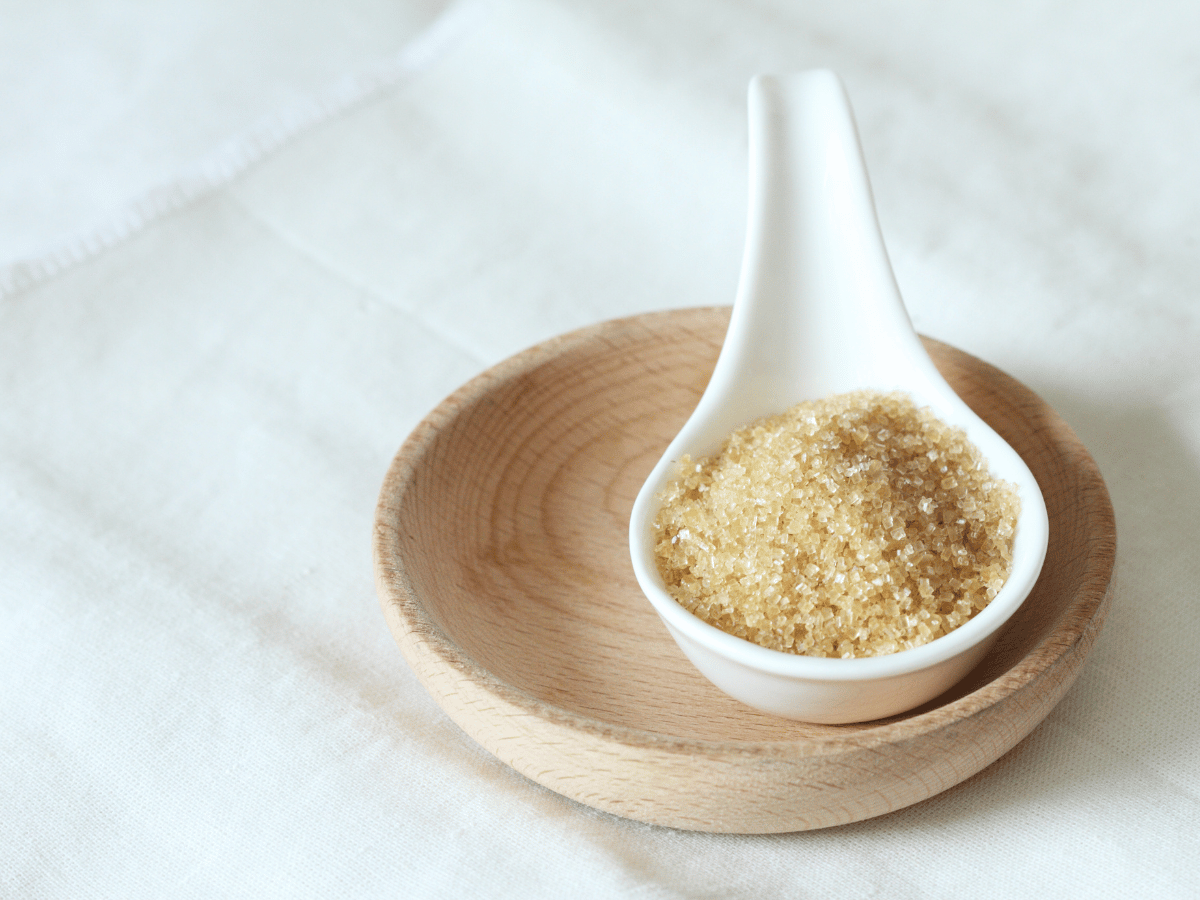
Ceramic spoons, while less common than other materials like wood, metal, or plastic, have their own set of advantages and disadvantages. Let's explore them:
The advantages of the ceramic spoon
- Heat Resistance: Ceramic spoons are highly heat-resistant, making them suitable for stirring hot liquids, soups, and sauces. They can withstand high temperatures without warping or melting, unlike some plastic utensils.
- Non-Reactive: Similar to wood, ceramic is non-reactive, meaning it won't interact with acidic or alkaline ingredients. This ensures that the taste and quality of your food remain unaffected.
- Durable: High-quality ceramic spoons can be quite durable and long-lasting if properly cared for. They are resistant to scratches, corrosion, and staining, which can prolong their lifespan compared to some other materials.
- Aesthetic Appeal: Ceramic spoons come in a variety of colors, patterns, and designs, making them aesthetically pleasing additions to any kitchen. They can enhance the visual appeal of your table settings or serve as decorative accents when not in use.
- Easy to Clean: Ceramic spoons are generally dishwasher-safe, making them easy to clean and maintain. Their smooth surface resists food residue and is quick to wipe clean by hand as well.
The disadvantages of the ceramic spoon
- Fragility: While ceramic spoons can be durable, they are more prone to chipping, cracking, or breaking compared to materials like metal or wood. Dropping a ceramic spoon onto a hard surface can result in damage, requiring replacement.
- Weight: Ceramic spoons tend to be heavier than other materials like plastic or bamboo, which may feel cumbersome to some users, especially for extended periods of stirring or serving.
- Limited Availability: Ceramic spoons may not be as readily available as other types of spoons. They may be found in specialty kitchen stores or online retailers, but they might not be as commonly stocked in standard kitchenware collections.
- Cost: Quality ceramic spoons can be more expensive than utensils made from other materials, such as plastic or stainless steel. The cost of production and the intricacy of design can contribute to higher price points for ceramic options.
- Not Suitable for High-Impact Use: Ceramic spoons are not recommended for heavy-duty cooking tasks or for use with extremely hard or frozen foods. They are more delicate compared to metal utensils and may not withstand the same level of force or pressure.
There are also many other materials to make spoons, but they are not common, such as gold, silver, copper, horseshoes, mother of pearls,...
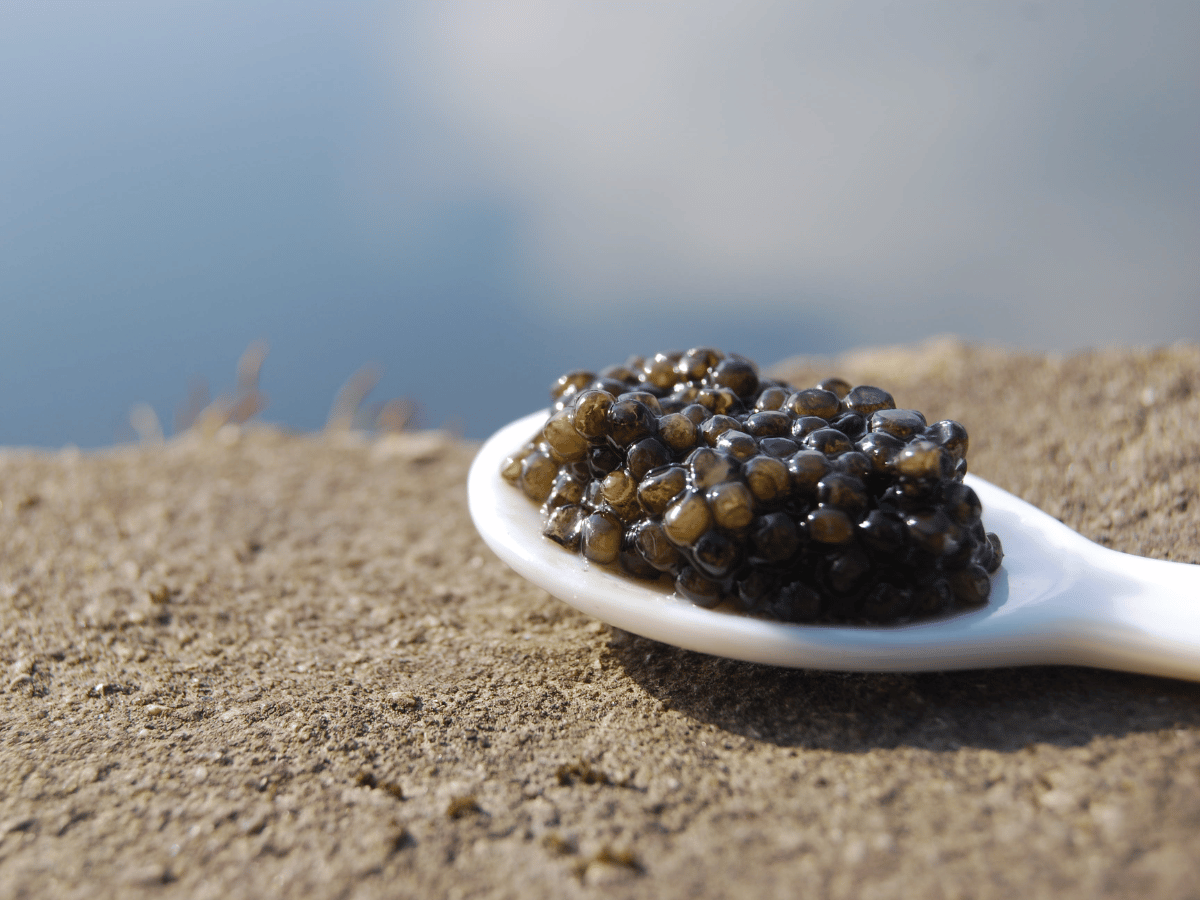
Conclusion
Each spoon material offers a unique set of advantages and disadvantages, catering to different preferences, cooking styles, and environmental concerns. Whether you prioritize aesthetics, durability, or sustainability, there's a spoon material suited to your needs. By considering these factors carefully, you can select the perfect spoon that enhances your culinary experience and withstands the test of time in your kitchen.

